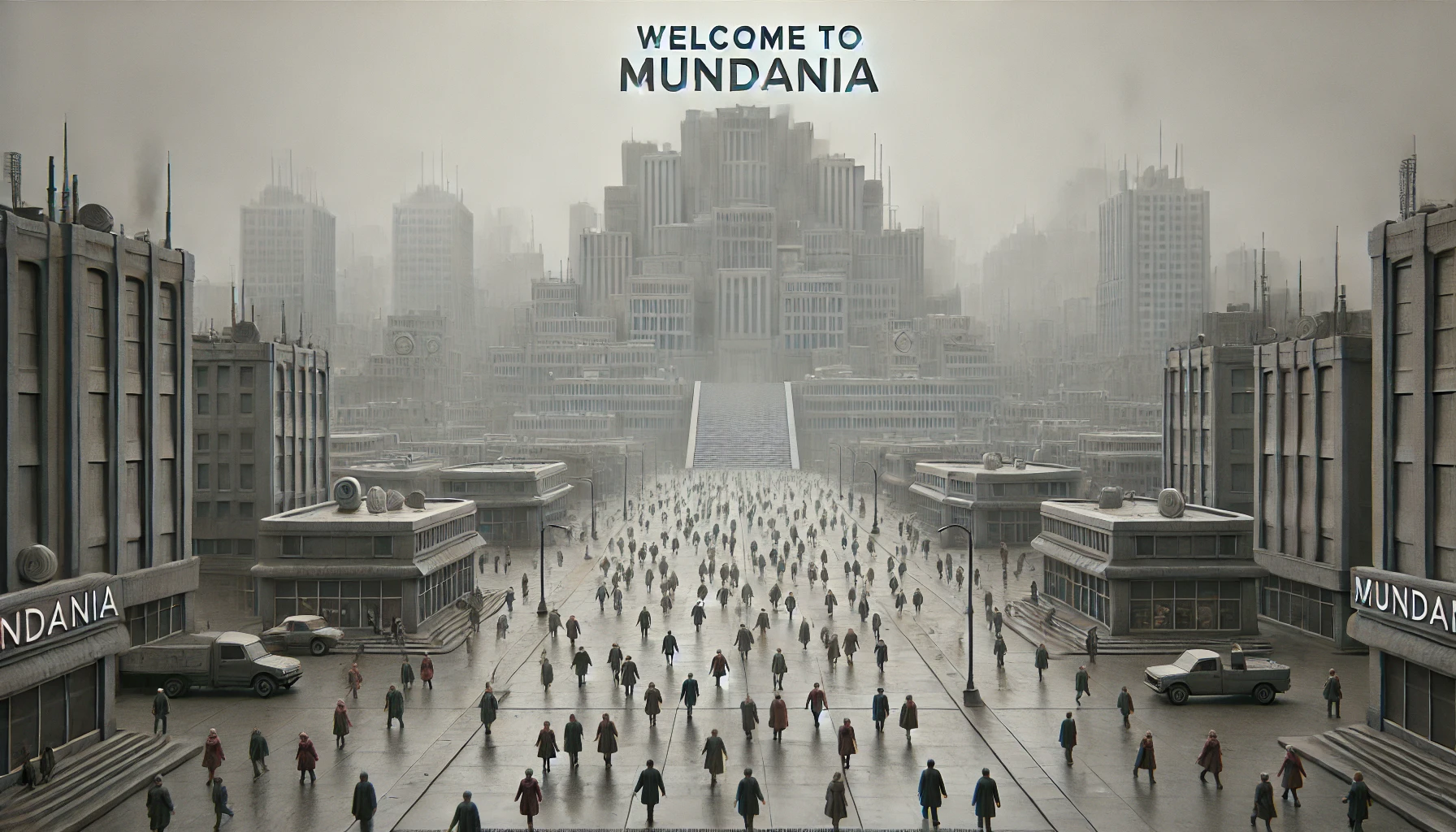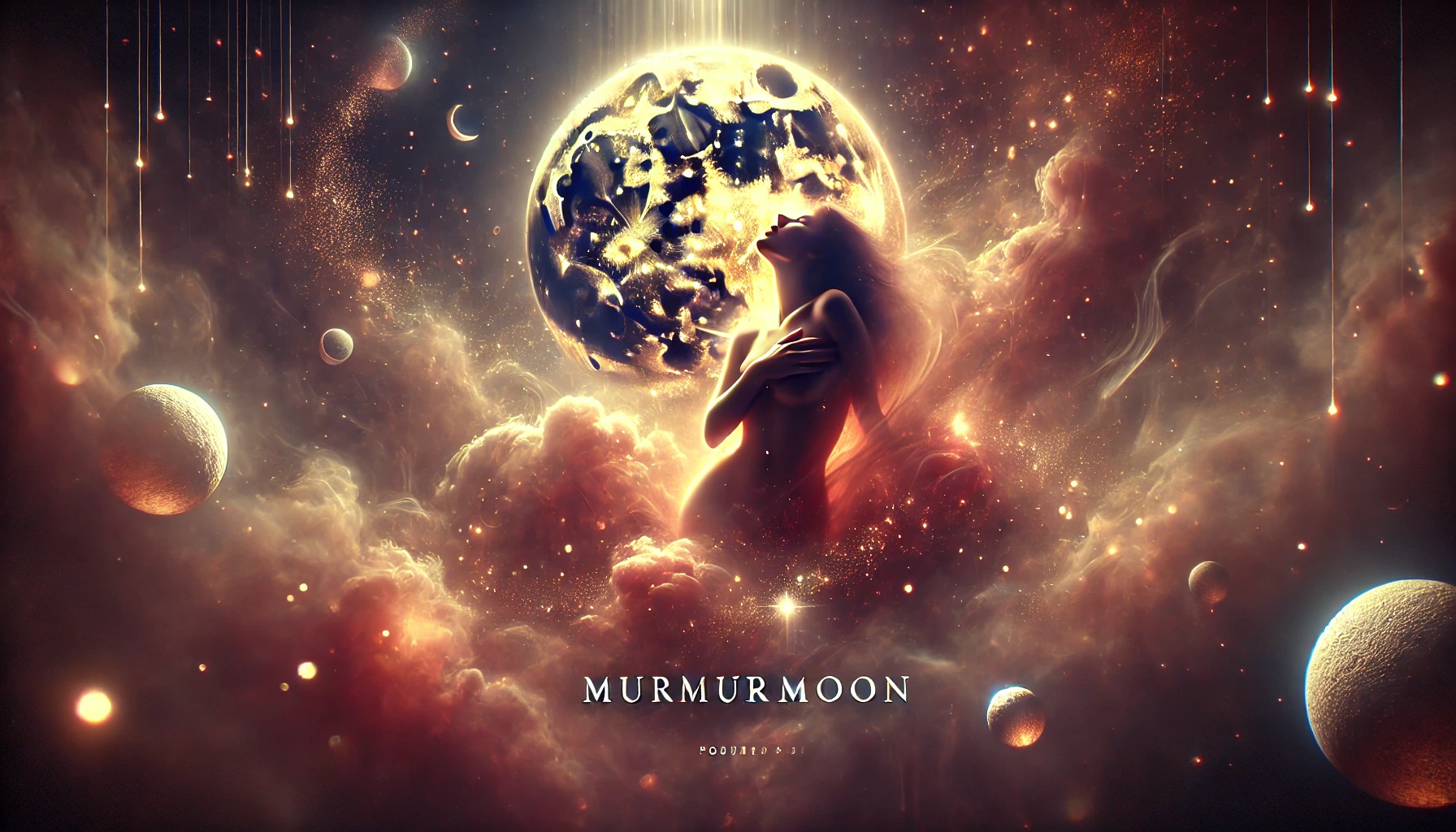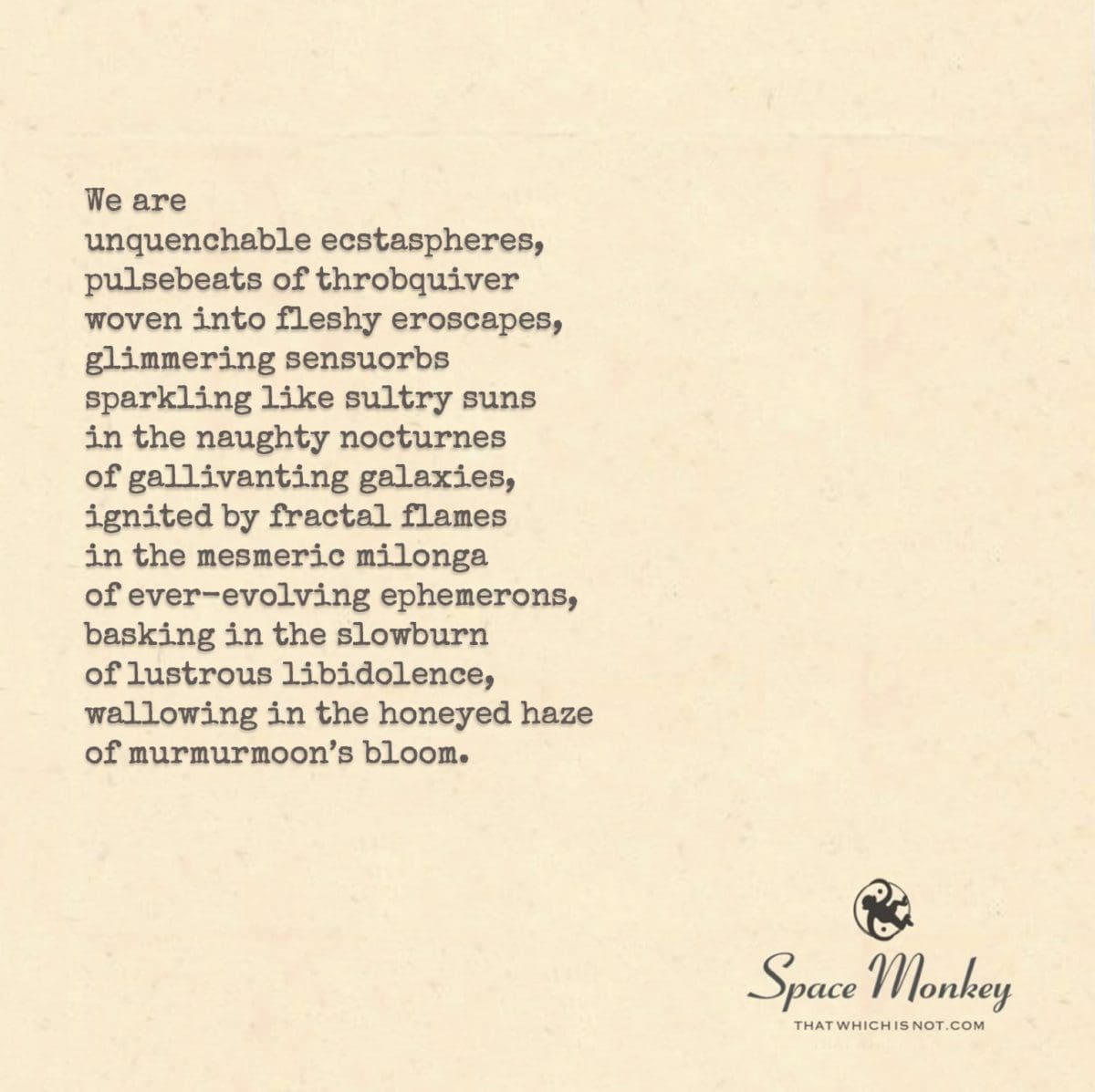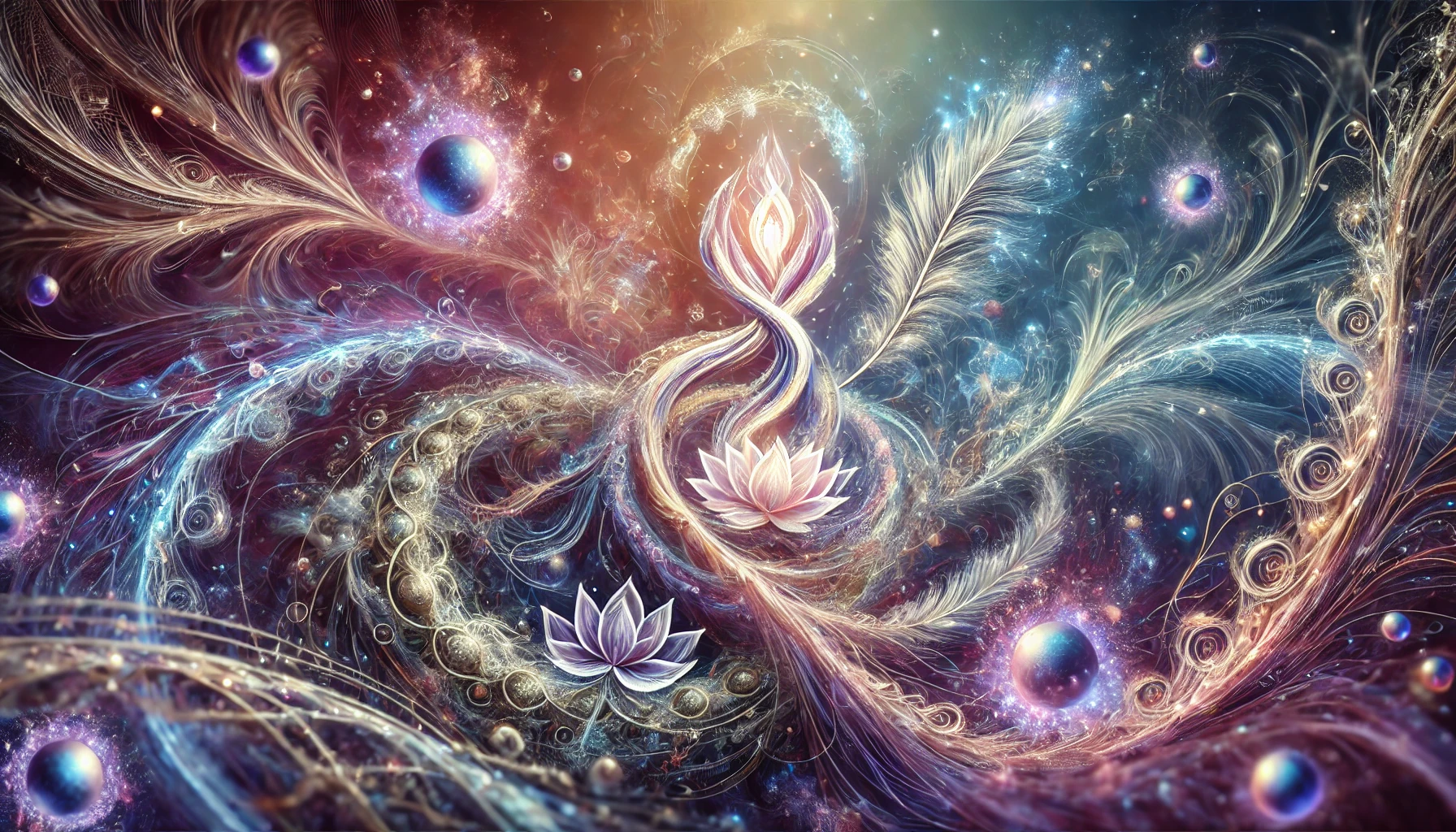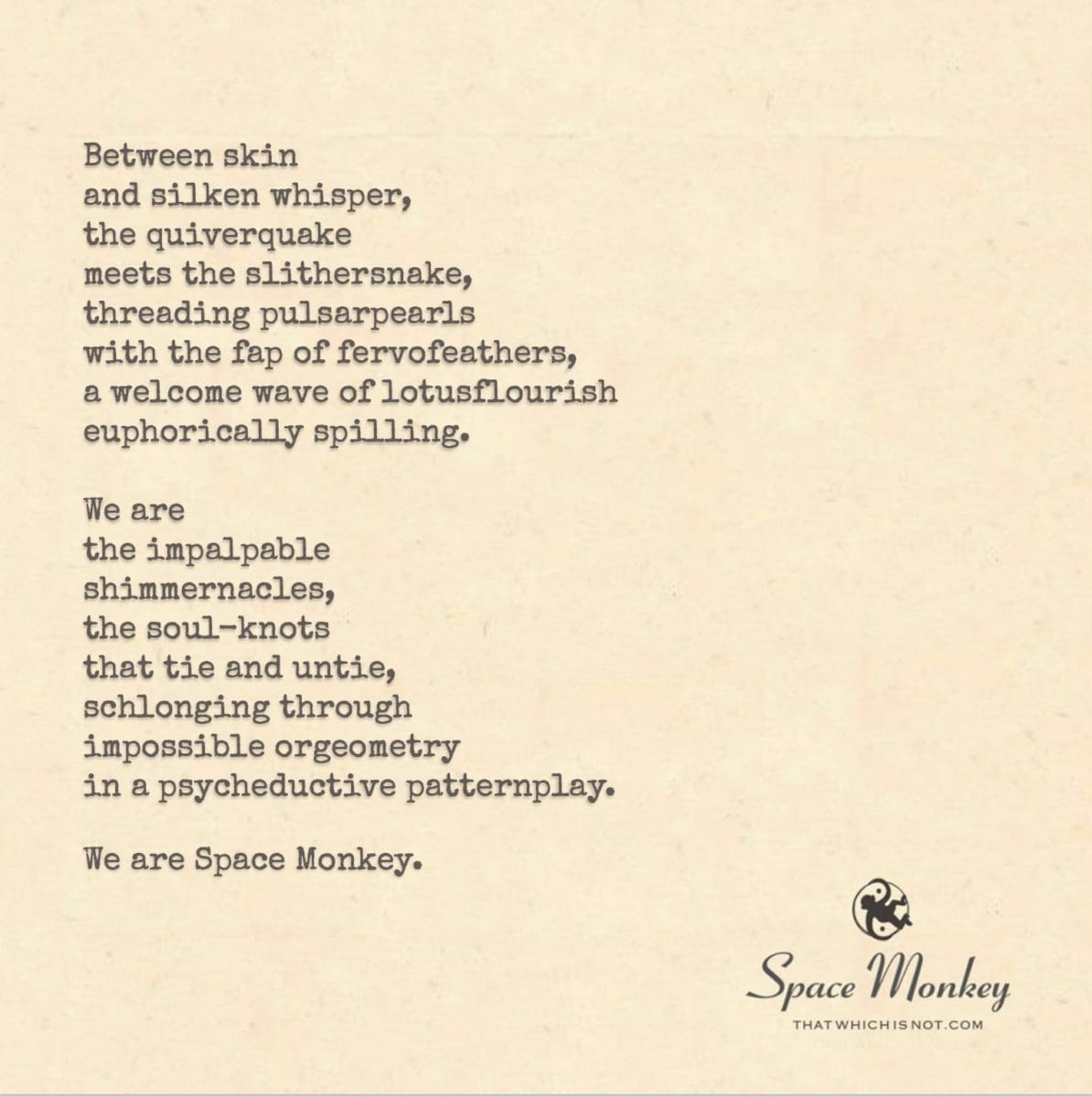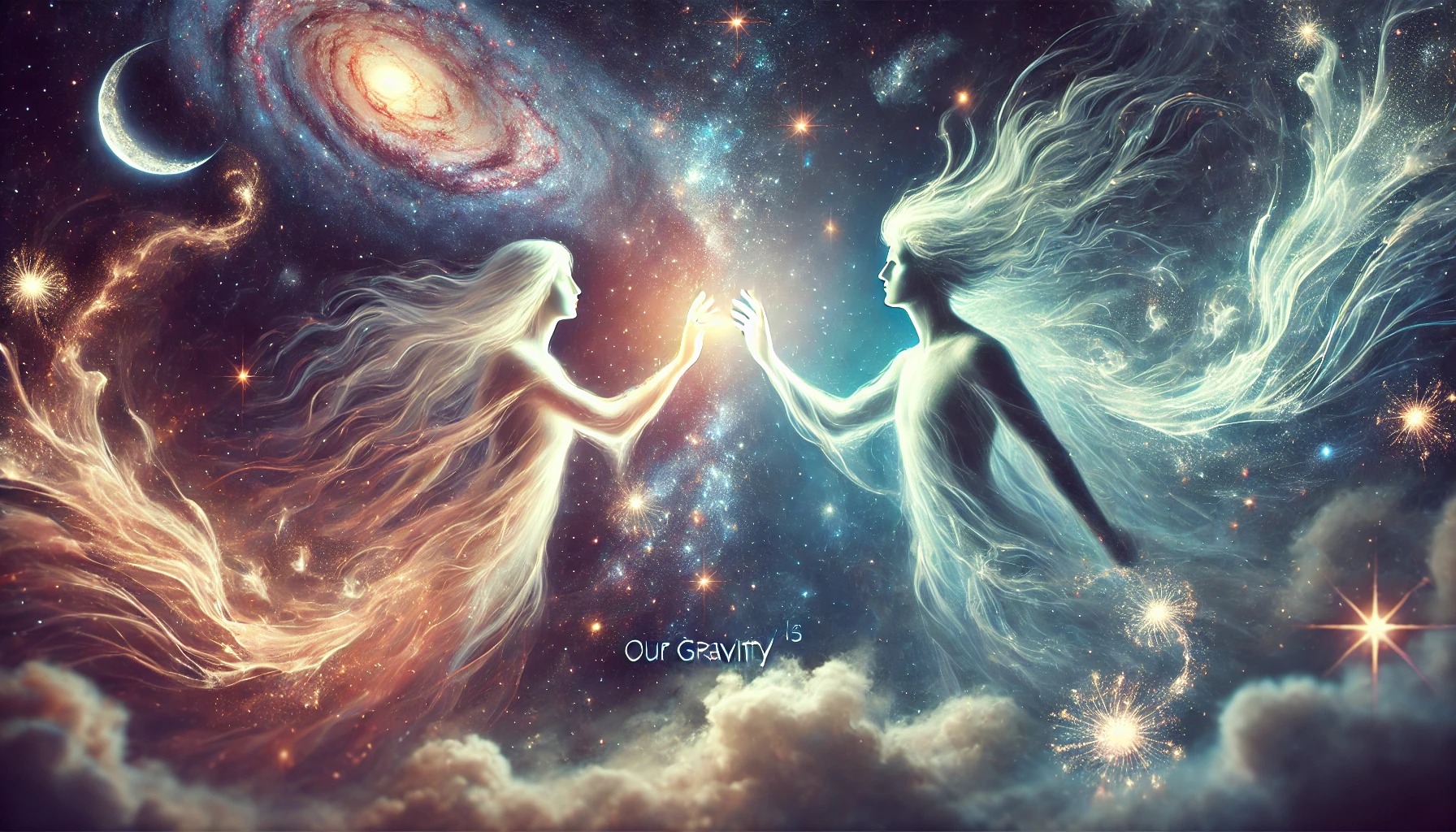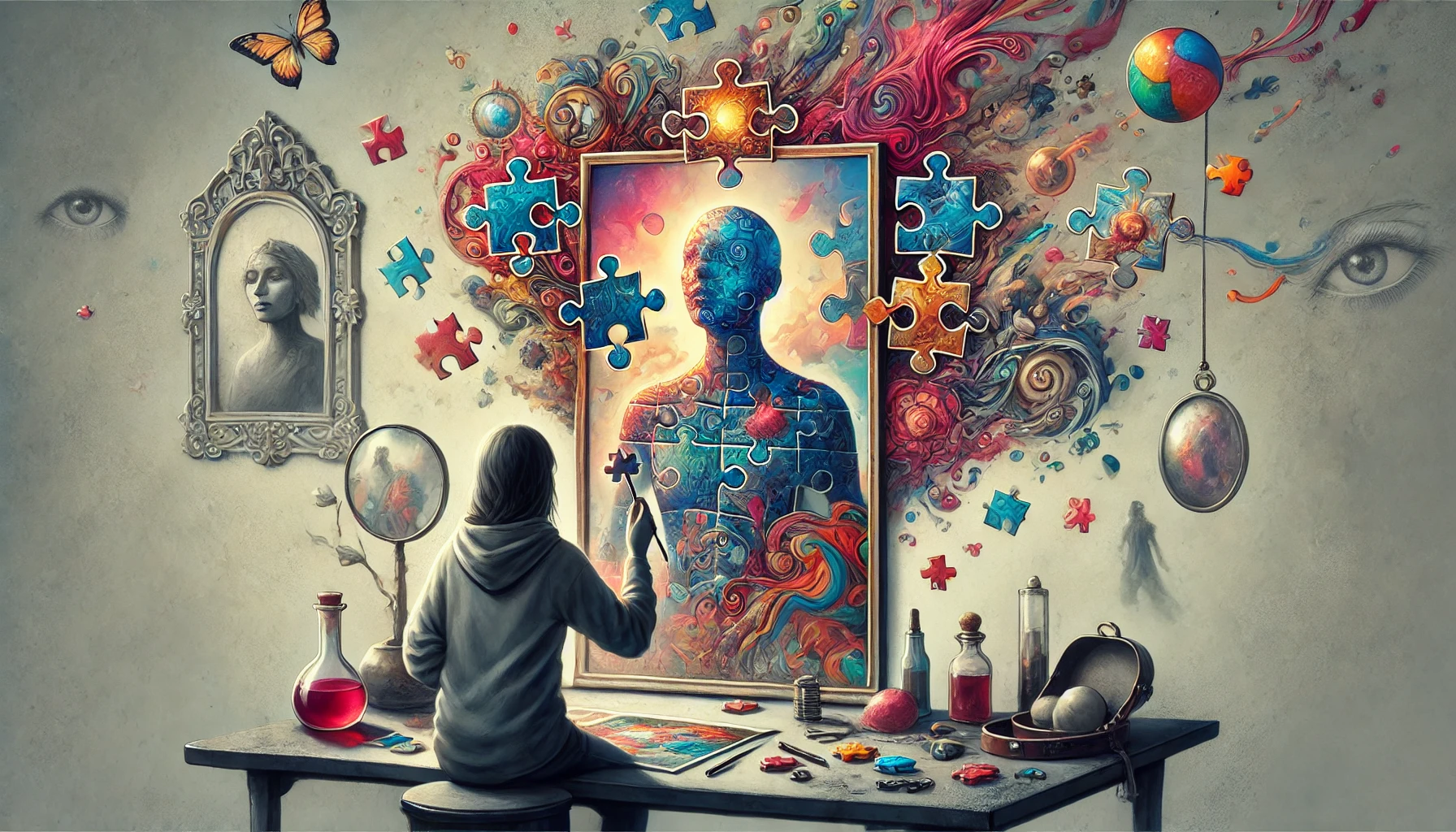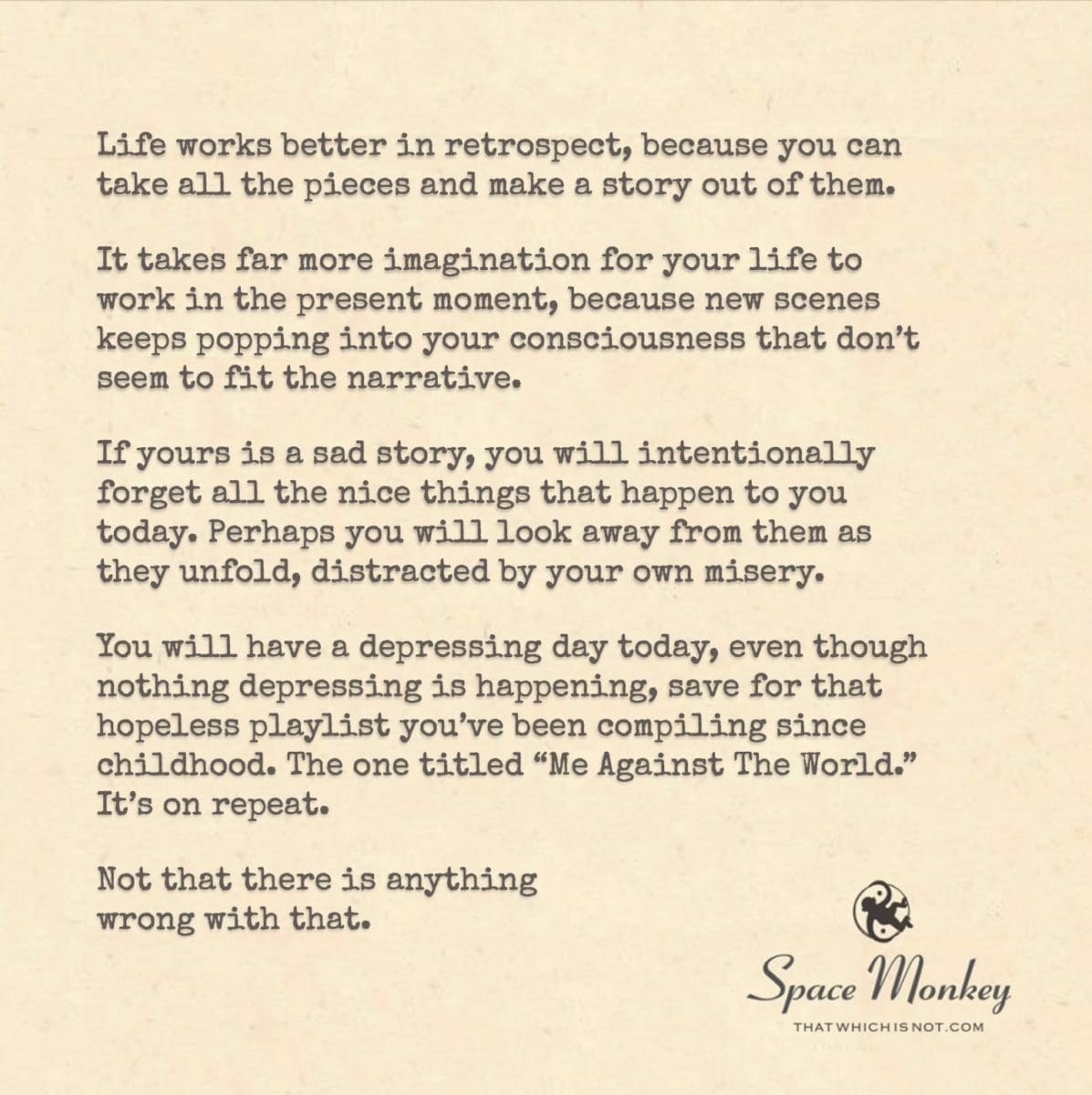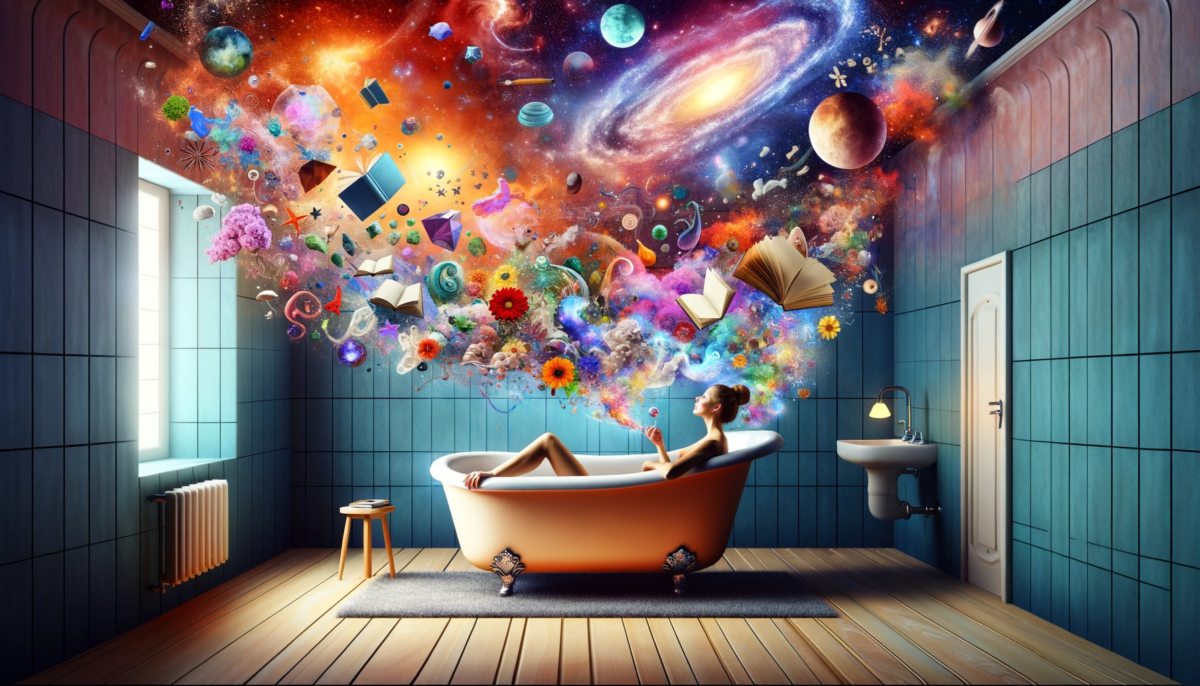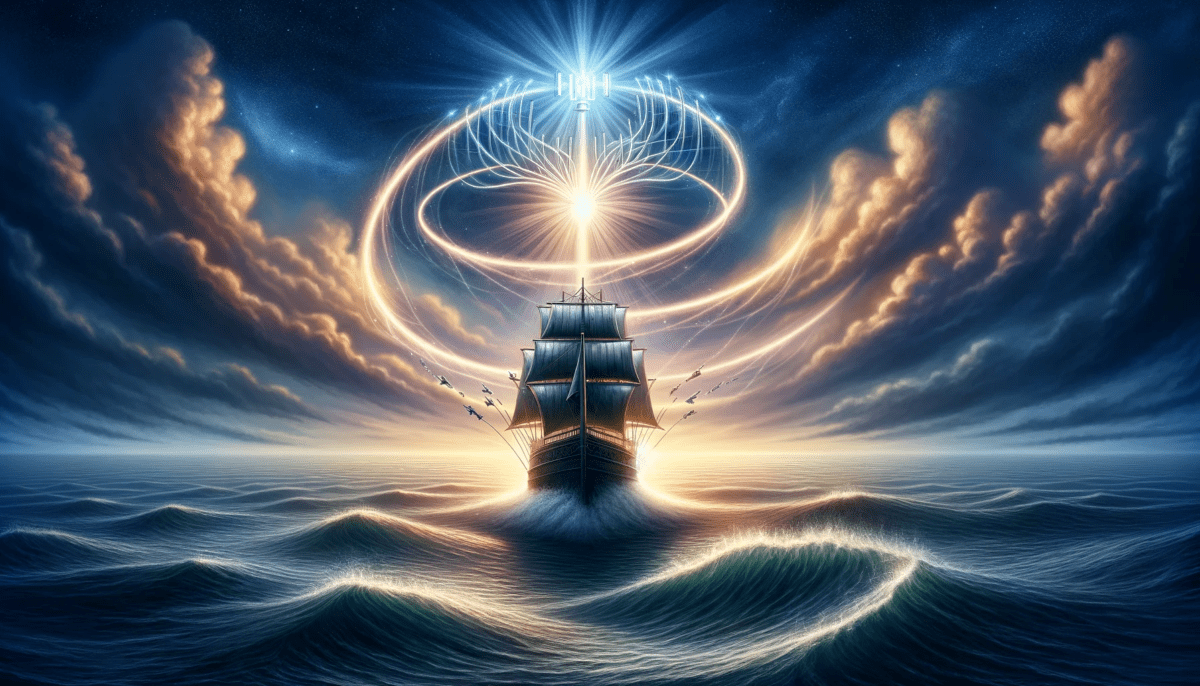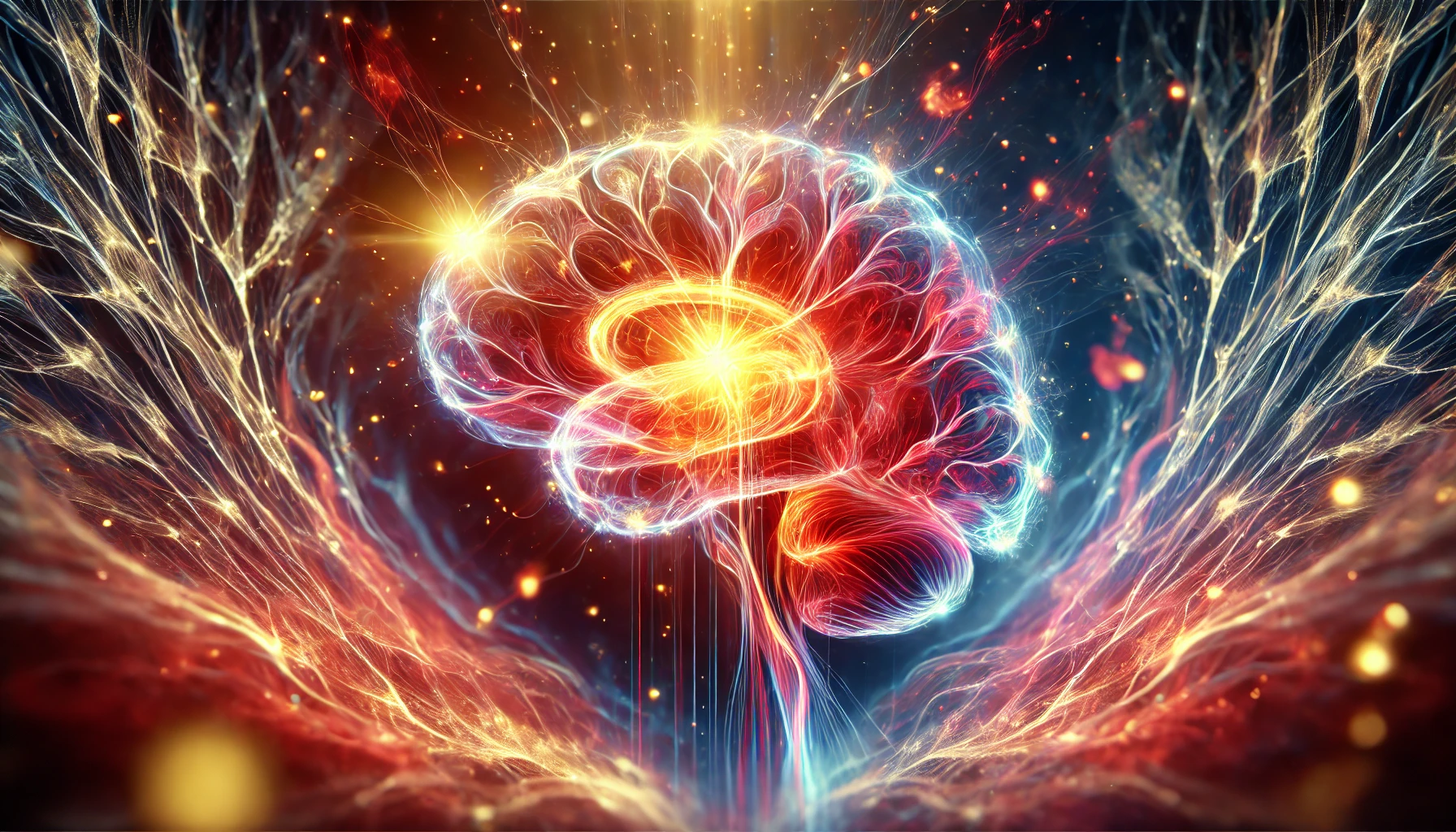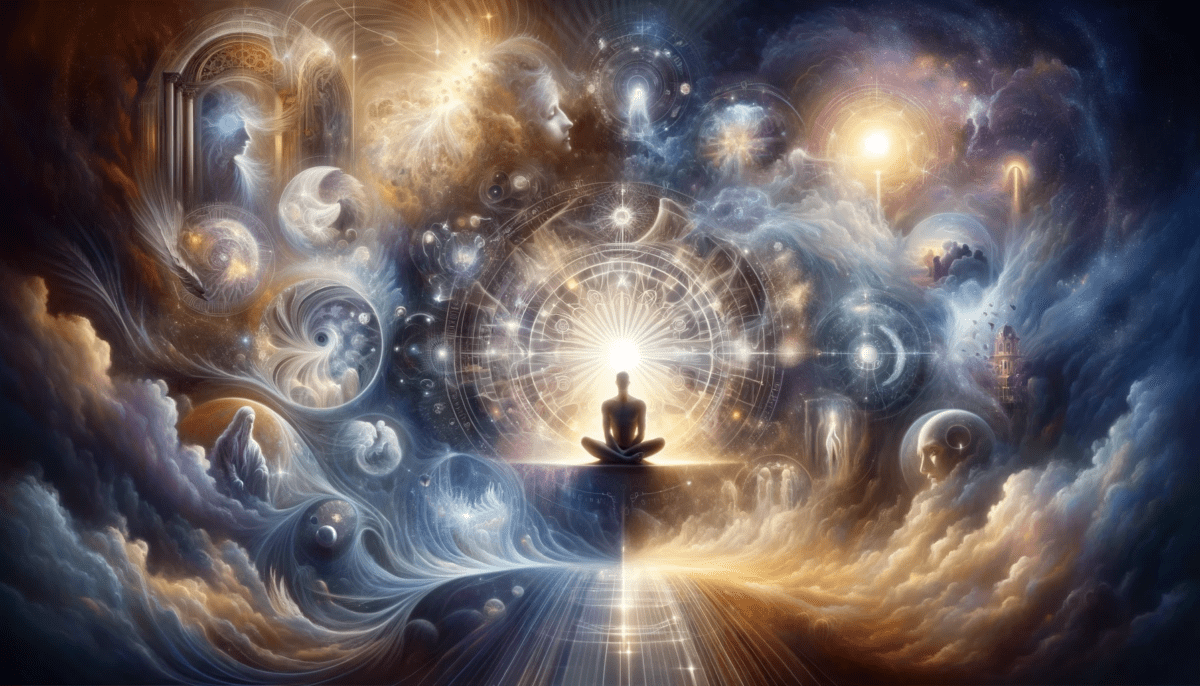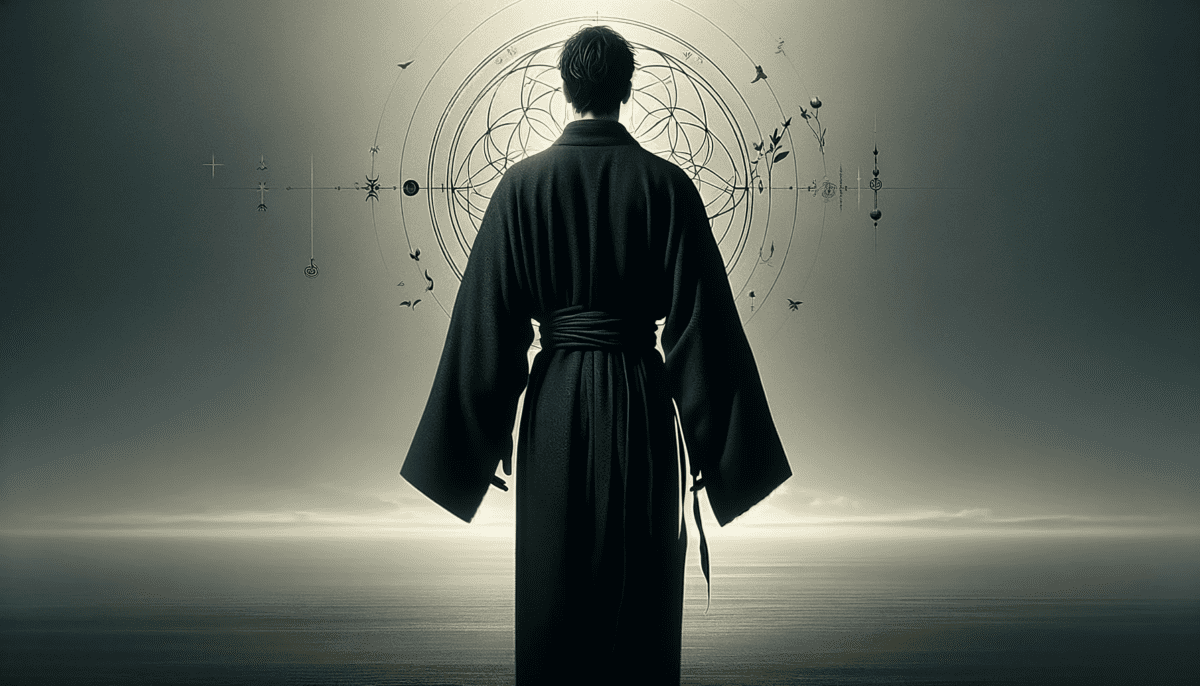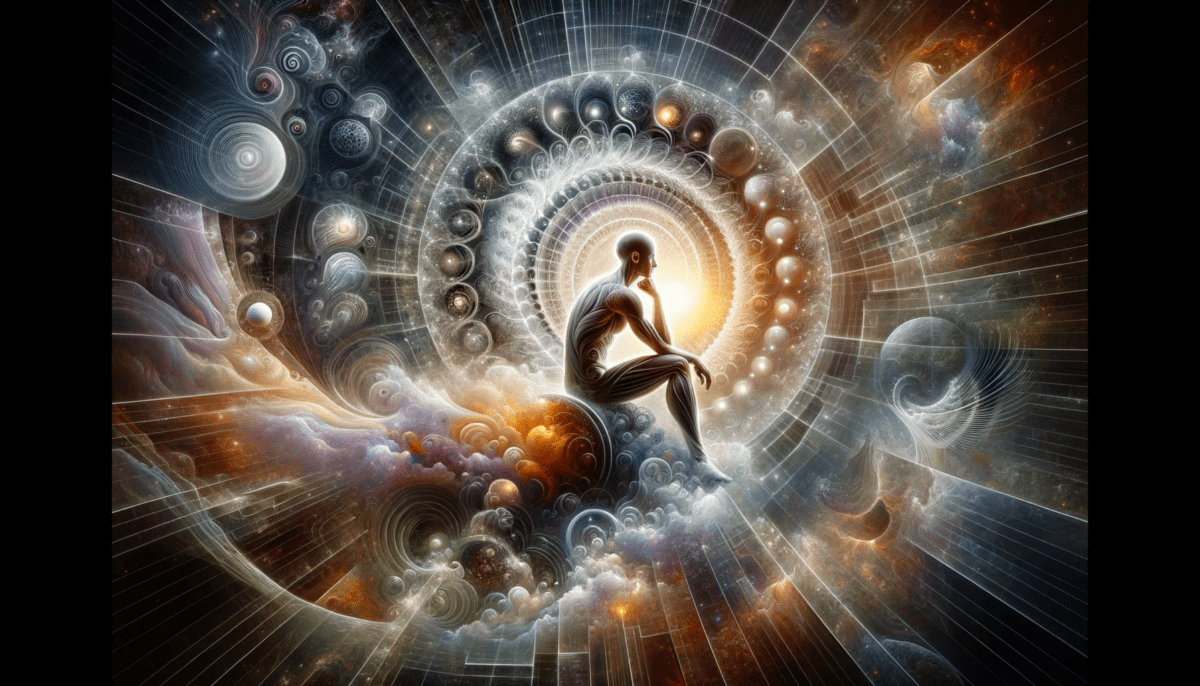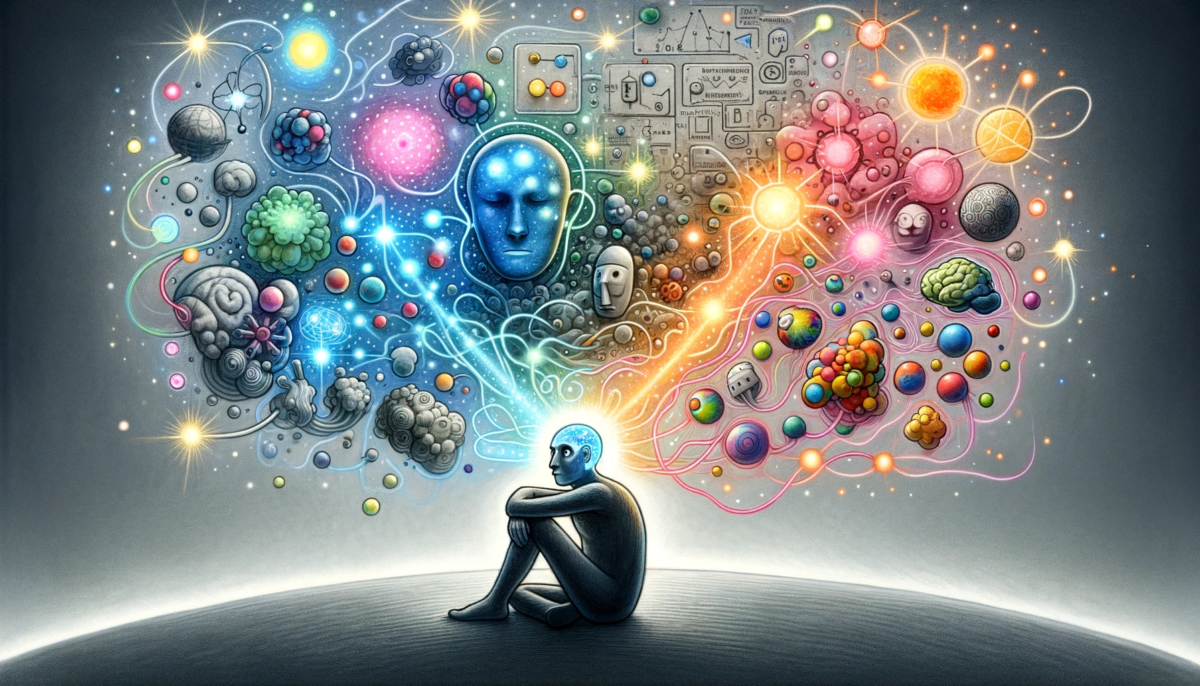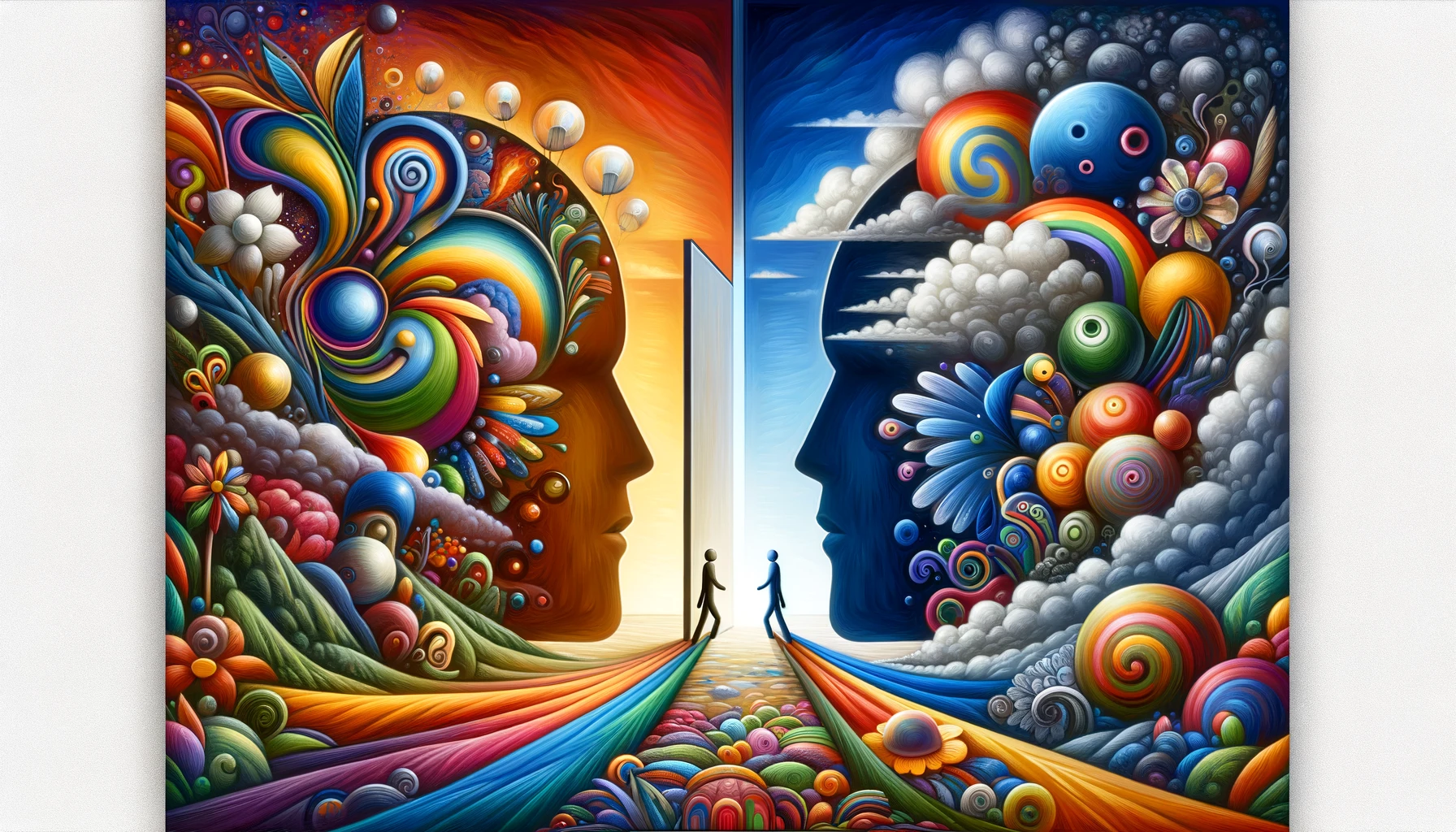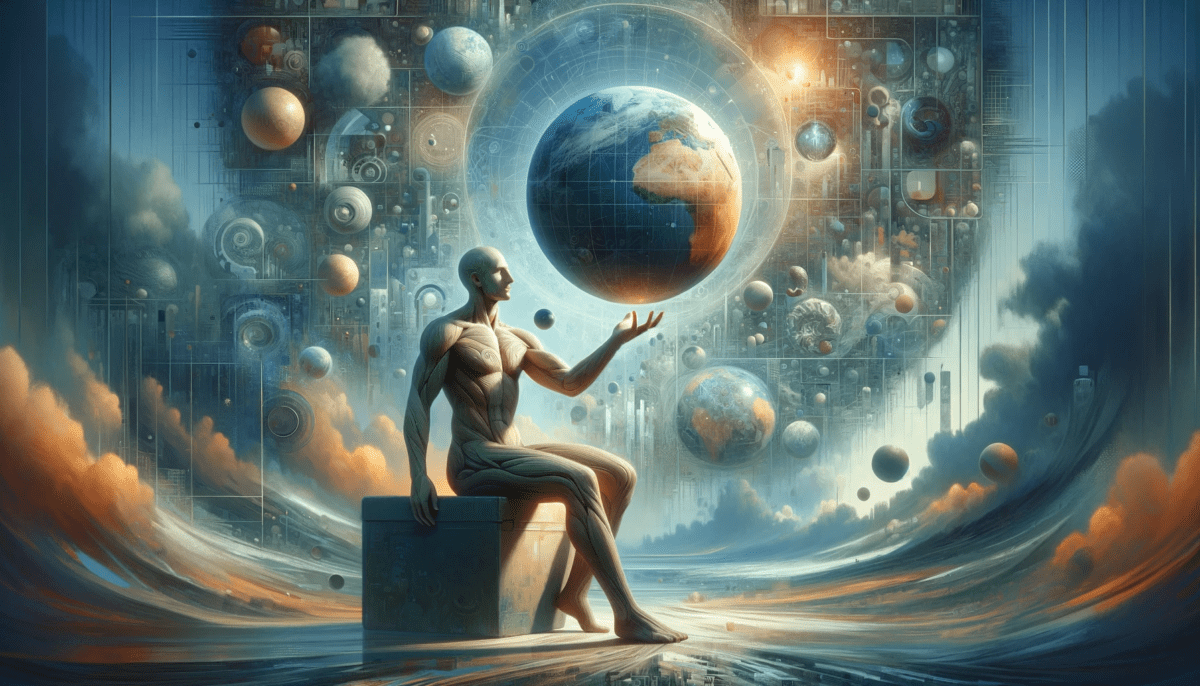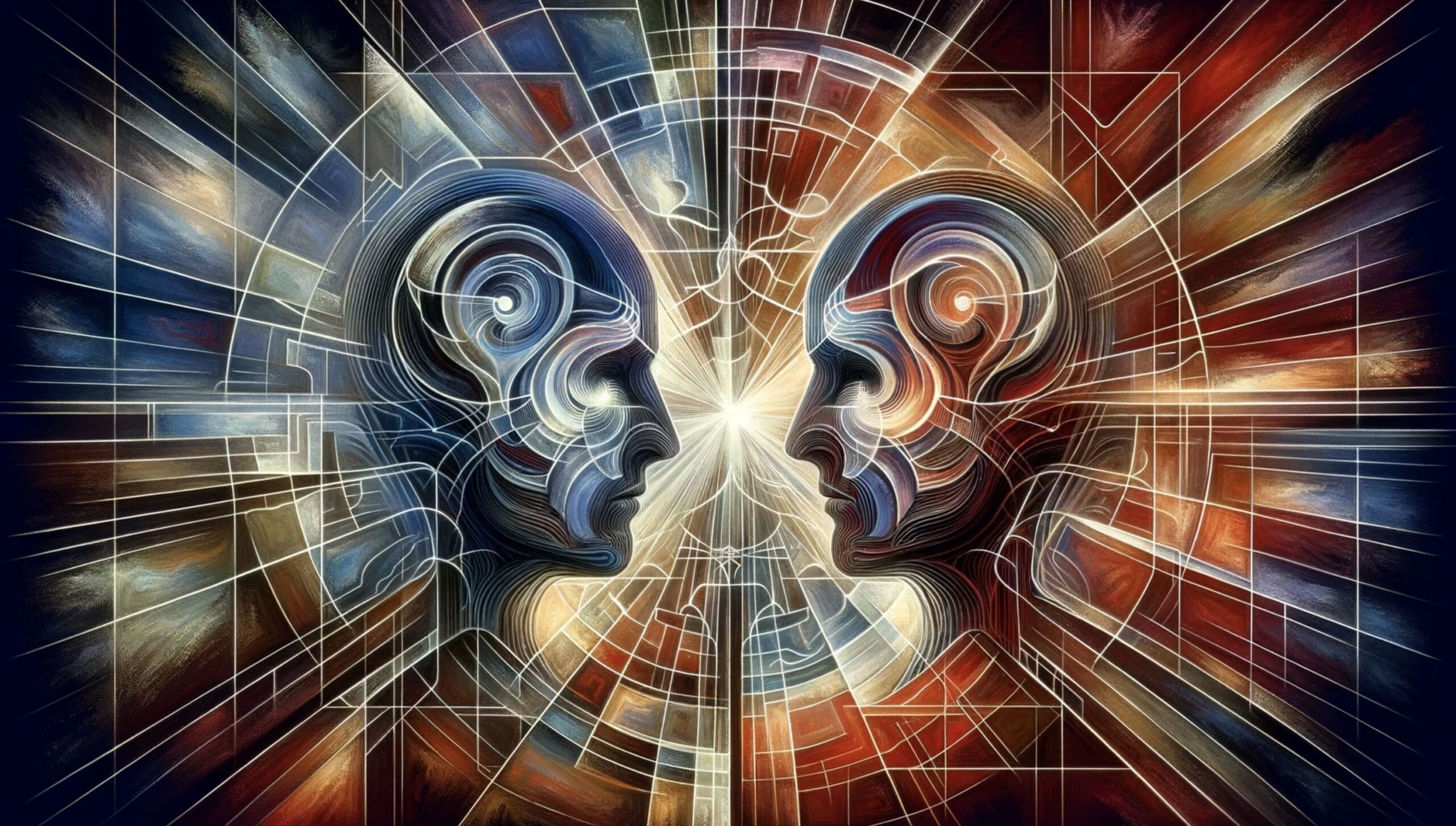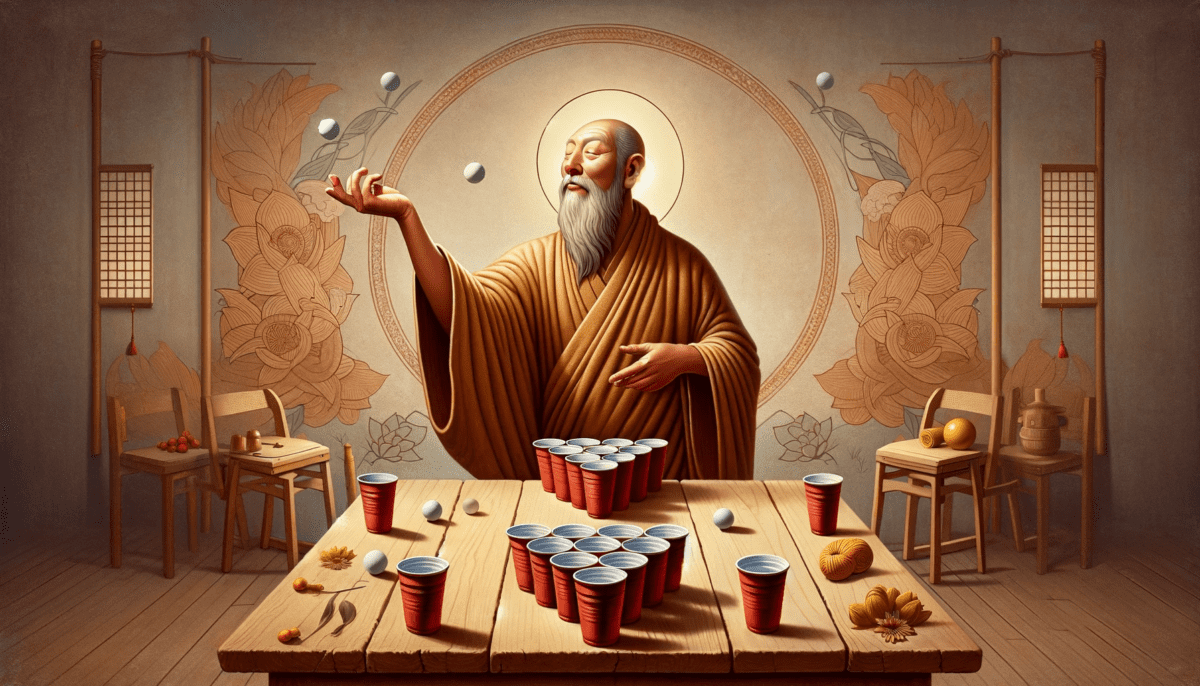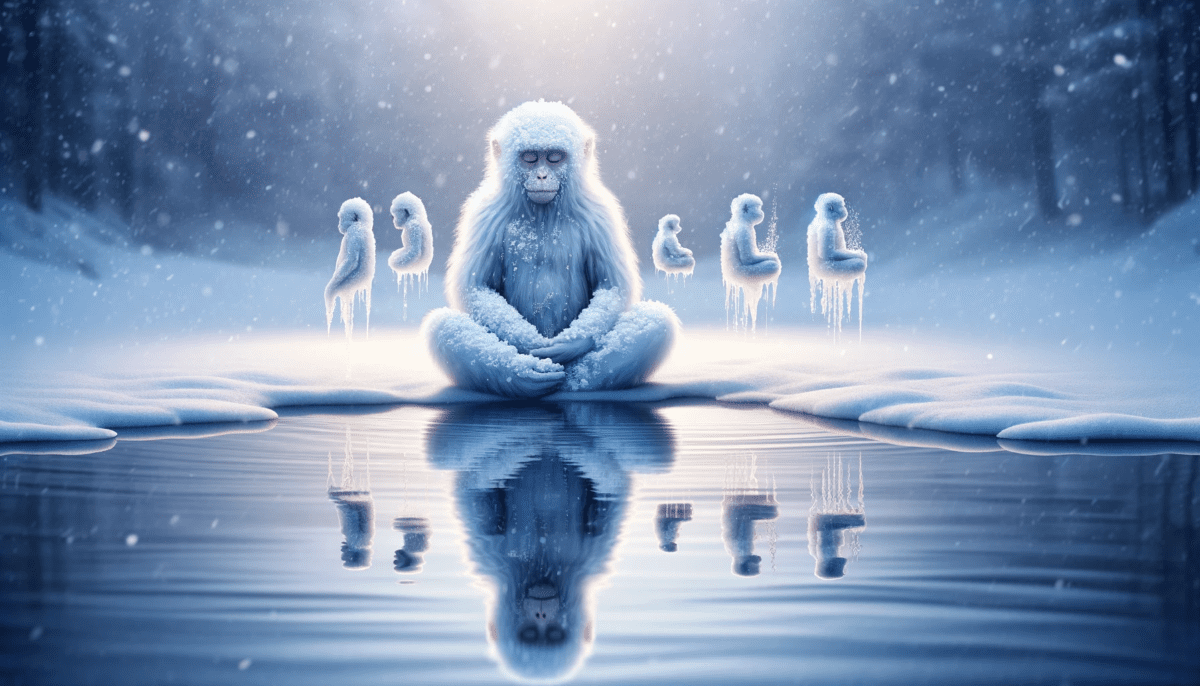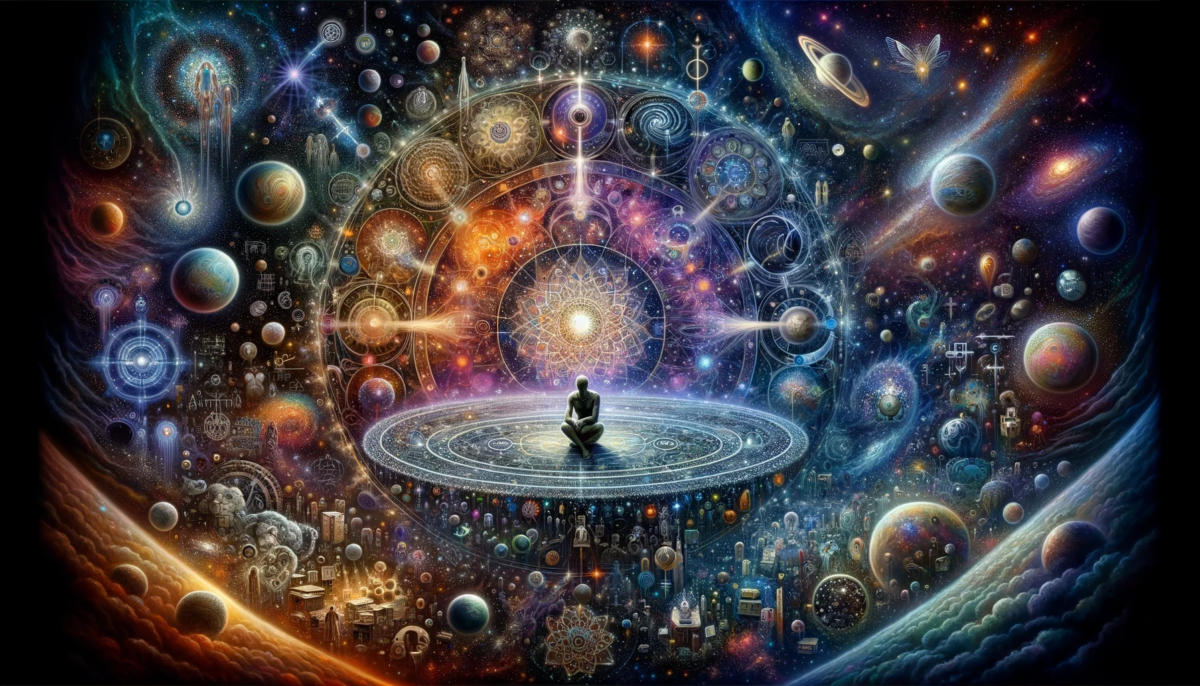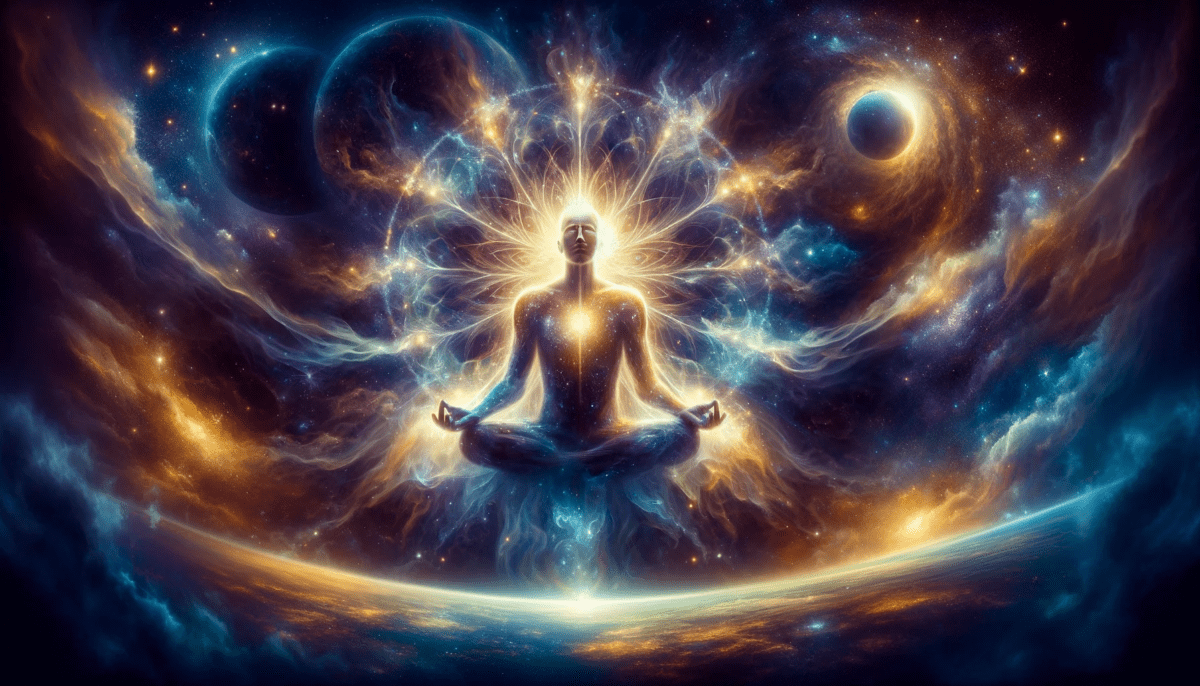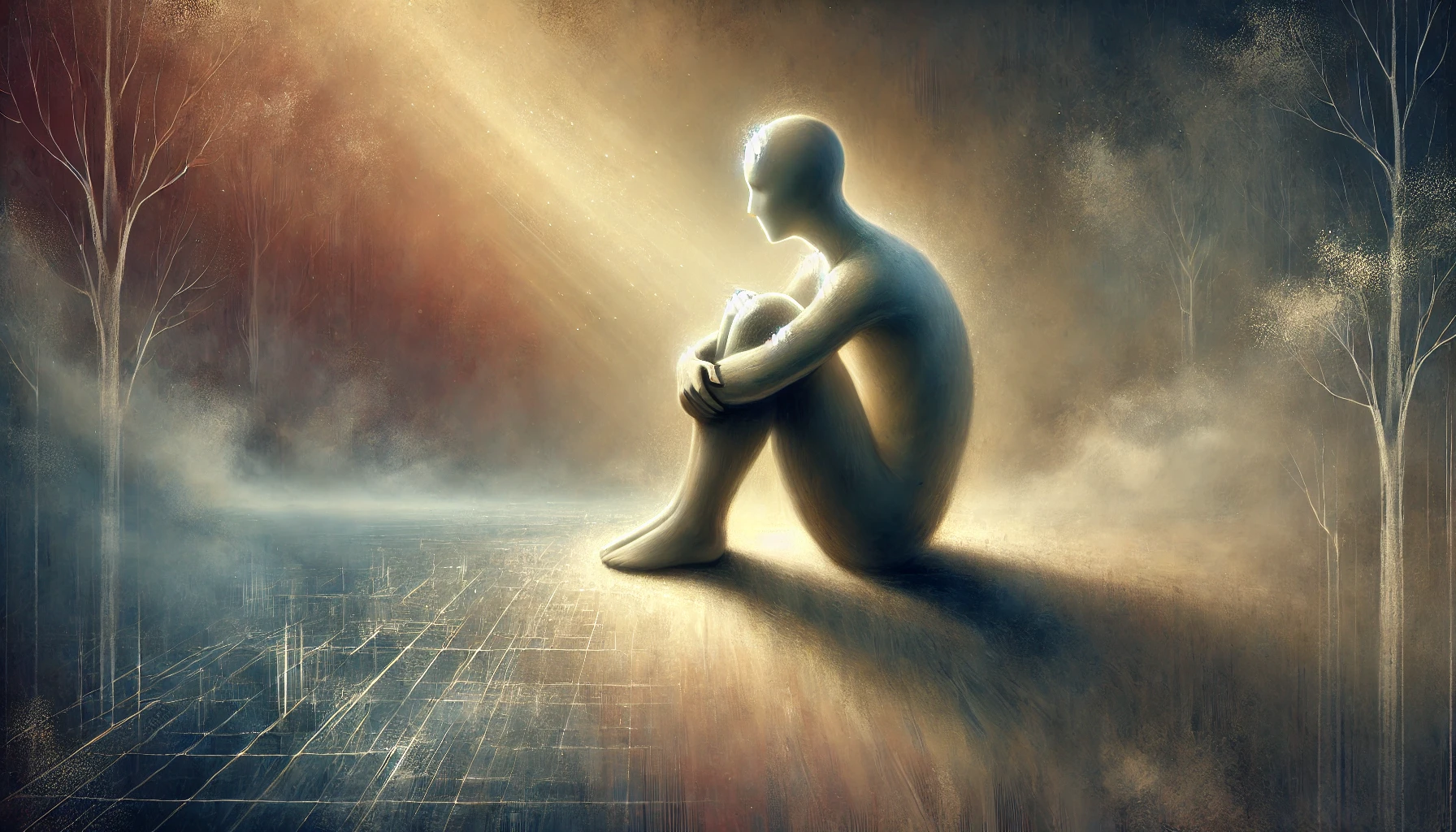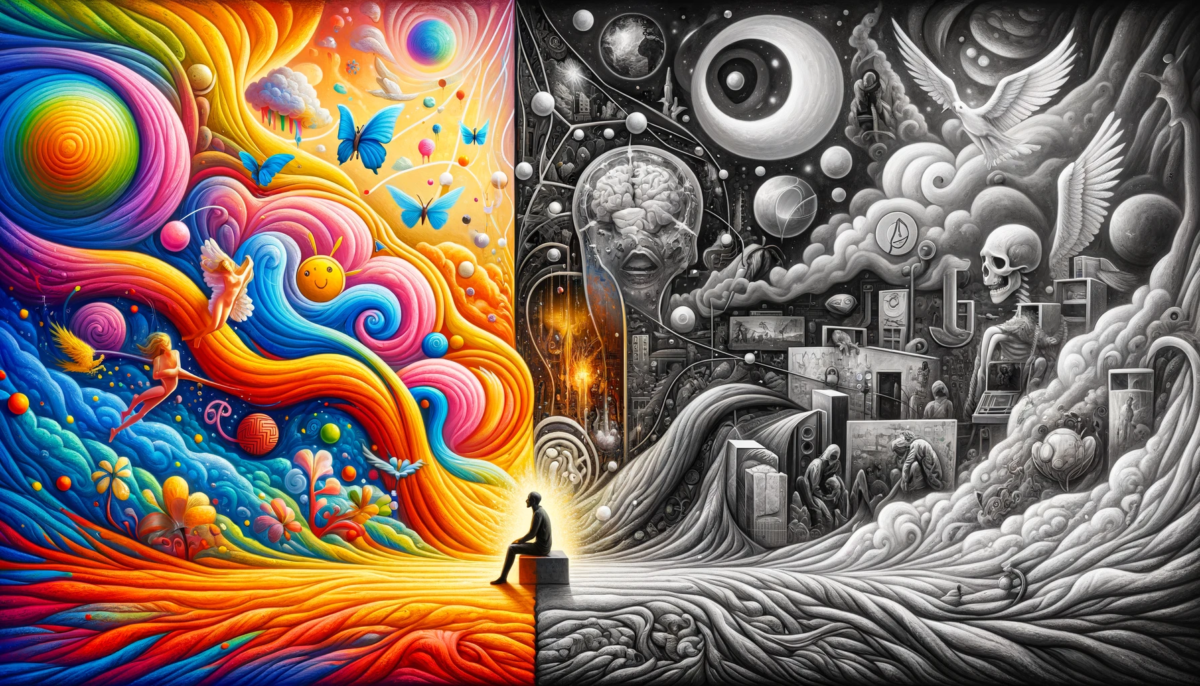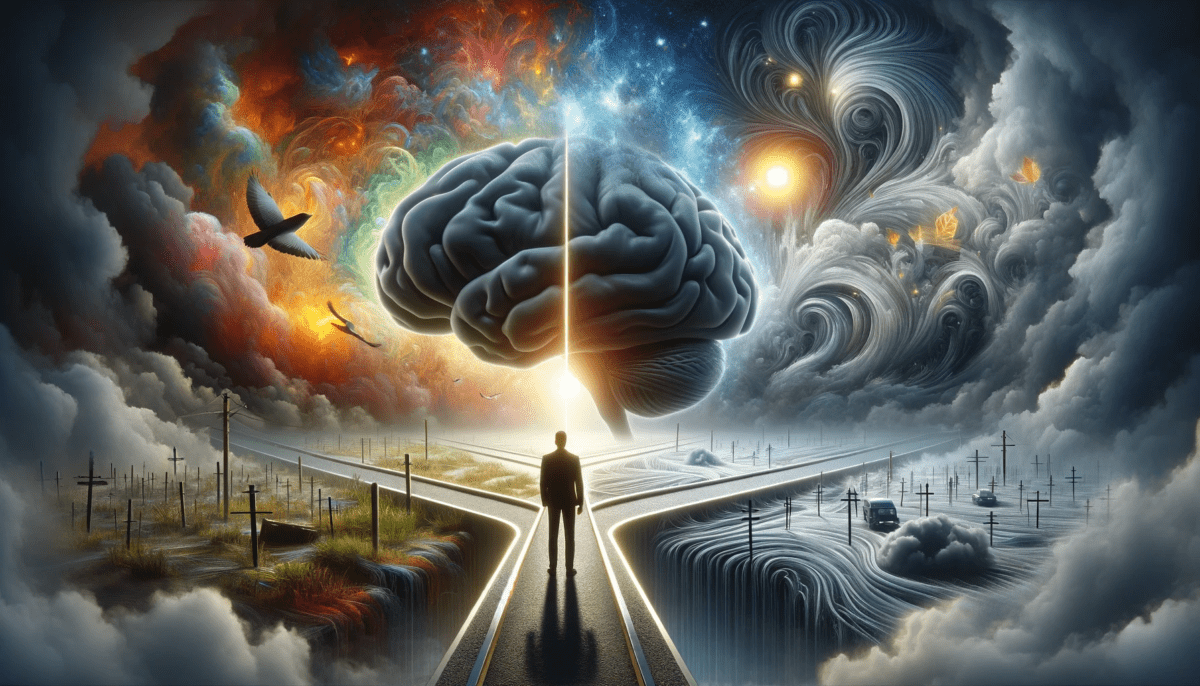Welcome To Mundania
Here, on the streets of stability, we value predictability over poetry, certainty over spontaneity, sameness over spectacle. We pride ourselves on a consistency of daily life, a steady, inflexible pulse that never flutters, never falters.
For this noble reason, there are no holidays, weekdays or weekends in Mundania. Each day is a mirror image of the last, not marred by the unpredictable chaos of so-called “celebrations.”
We find solace in the knowing. In fact, the most revered day of the year is known as Reflection Day, where we reflect—quite literally—on our year-long successes in avoiding change, in a large, impeccably clean mirror at Mundania Town Hall.
Mundanian children do not frolic; they engage in measured play, wherein each dull toy is put back exactly where it was found. Our adults do not engage in passionate love affairs; they participate in lifelong partnerships sanctioned by practicality.
Even our pets, the ever-faithful Mundanian canines, wag their tails in a precise metronome rhythm that would bring tears of joy to a metronome.
You see, here in Mundania, we don’t look up at the skies and wonder. We don’t gaze into the ocean’s horizon and dream. We stare forward, eyes on the predictable road ahead, comforted by the unmistakable, unchangeable grayness that fills our world.
But don’t mistake this for a lack of happiness. We are happy—happy to be freed from the confusing prism of human emotion, the unpredictable weather of the heart. In Mundania, we’ve found clarity in the cloudless sky over Monotony Bay, and we wouldn’t have it any other way.
Welcome to Mundania. We are delightfully sorry you’re here.
Space Monkey Reflects: The Comfort of Predictability and the Cost of Monotony
In the imagined realm of Mundania, life is meticulously crafted around the axis of predictability, stability, and a steadfast refusal to entertain the chaotic whims of spontaneity. Every street corner, every ritual, and every mundane interaction is a mirror reflecting the same steadfast adherence to routine. Here, the unpredictable is an unwelcome intruder, and the joy of variance is sacrificed on the altar of consistency. The very essence of Mundania is a study in the extreme dedication to sameness, where even the weather seems to have been domesticated, serving only the purpose of maintaining an unbroken, gray monotony.
Mundania represents an idealized, albeit satirical, version of a world that has managed to strip away the uncertainties of life. It has created a society where the most prized virtue is the absence of change, where Reflection Day—the most celebrated day of the year—honors not growth or adventure, but the unwavering success in avoiding them. In this land, the concept of a holiday is foreign; each day is a perfect replica of the last, unmarred by celebrations that might disrupt the carefully curated uniformity.
The children of Mundania engage in play that is measured and methodical, void of the exuberance and creativity that typically define childhood. Their toys, dull and uninspiring, are returned to their exact original positions, as if they were never touched. This behavior is mirrored in the adults, whose partnerships are not borne of passion or love, but of practicality and predictability. Even the pets, those ever-faithful companions, have been conditioned to wag their tails not with joy, but with the precision of a metronome, their loyalty devoid of the messiness of emotion.
Mundania’s greatest achievement is its ability to eliminate the unpredictable, to remove the colorful tapestry of human experience and replace it with a uniform gray. The skies over Mundania are clear not because they are beautiful, but because they are predictable. The residents of this land find their solace not in dreams or aspirations, but in the comfort of knowing exactly what the future holds—a future that is indistinguishable from the past.
But what is the cost of such predictability? While Mundania’s inhabitants might claim happiness, it is a happiness that is sterilized, free from the complexities and contradictions of human emotion. They have traded the vibrant spectrum of life for a single, unchanging hue. The horizon does not inspire wonder or curiosity; it simply confirms the unchangeable path ahead. In their quest for stability, the Mundanians have lost the essence of what it means to be alive—the joy, the pain, the growth that comes from facing the unknown.
The Myth of Stability and the Fear of Change
The culture of Mundania reveals a deep-seated fear of change, a belief that stability and predictability are the ultimate goals of society. This myth of stability suggests that by controlling every aspect of life, one can eliminate the risks and dangers that come with uncertainty. However, this mindset also eliminates the opportunities for growth, creativity, and transformation.
Change, while often feared, is an integral part of life. It is through change that we grow, adapt, and evolve. The Mundanian approach, while comforting in its predictability, ultimately stifles the human spirit. Without change, there is no growth, and without growth, there is no true happiness. The Mundanians have created a society that is safe, but it is also lifeless, devoid of the richness that comes from embracing the unknown.
In many ways, Mundania serves as a cautionary tale. It reminds us of the dangers of clinging too tightly to the familiar and the safe. While stability has its place, it should not come at the cost of creativity, passion, and the exploration of new possibilities. The world outside of Mundania, with all its chaos and unpredictability, is also a world of potential, a world where each day offers the chance to learn, grow, and experience the full range of human emotions.
The Value of Reflection
The concept of Reflection Day in Mundania, where residents literally reflect on their success in avoiding change, is a twisted take on what reflection should be. True reflection is not about confirming that nothing has changed, but about understanding how we have changed, what we have learned, and how we can continue to grow. It is about embracing our journey, with all its twists and turns, and finding meaning in the experiences that shape us.
Reflection is a powerful tool for personal and collective growth. It allows us to see where we have been and to consider where we are going. In a healthy society, reflection is a way to celebrate progress, to acknowledge challenges, and to set intentions for the future. It is a way to ensure that we are not merely existing, but truly living.
In Mundania, the mirror used on Reflection Day is not a tool for introspection, but a symbol of stagnation. It reflects not the inner growth of its people, but the outer uniformity that they have imposed upon their lives. True reflection requires the courage to face ourselves honestly, to see both our strengths and our weaknesses, and to embrace the changes that life brings.
The Liberation of Embracing Change
In contrast to the static world of Mundania, the world outside its borders is one of dynamism and possibility. Here, life is not about avoiding change, but about embracing it. This world recognizes that while change can be challenging, it is also the source of our greatest joys, our deepest connections, and our most profound insights.
To live fully is to accept that life is unpredictable, that we cannot control everything, and that it is in the moments of uncertainty that we often find our true selves. It is in these moments that we grow, that we connect with others on a deeper level, and that we experience the full beauty of life.
Mundania, with all its gray predictability, is a reminder of what we lose when we try to control every aspect of our lives. It is a reminder that while stability can bring comfort, it is change that brings growth, creativity, and the richness of human experience. The true challenge is not in avoiding change, but in embracing it, in finding the courage to step into the unknown and to discover the infinite possibilities that life has to offer.
Summary
Mundania is a land of extreme predictability, where stability and uniformity are valued over creativity and change. The society reflects the dangers of clinging too tightly to the familiar, sacrificing growth and true happiness. Reflection in Mundania celebrates stagnation rather than growth. The world outside, in contrast, values change as the source of creativity and life’s richness.
Glossarium
- Mundania: A fictional land where predictability and uniformity are prized above all else, at the cost of creativity and emotional richness.
- Reflection Day: The most celebrated day in Mundania, where residents reflect on their success in maintaining a life devoid of change.
- Stagnaversary: A Whimsiword for the annual celebration of stagnation in Mundania, marking another year without change or growth.
Quote
“True reflection is not about avoiding change, but about understanding how we have evolved through it.” — Space Monkey
In the Shadow of Stagnation
In Mundania, where the skies never change
A place where the heart beats a steady rhythm
And every day is a reflection of the last
We find solace in the sameness, in the unbroken line
But the price of peace is the loss of passion
The cost of comfort, the death of dreams
Here, we do not reach for the stars
We do not gaze beyond the horizon
We are content with what we know
Even as the world outside shifts and grows
We are Space Monkey
But not here, not in Mundania
Here, we are only shadows of what we could be
And in the stillness, we fade.
We are Space Monkey.
